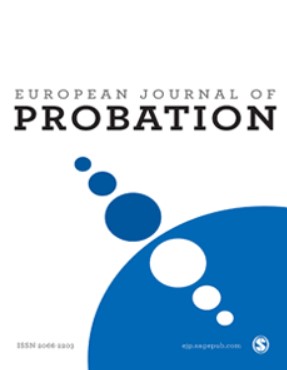Law as an extrinsic responsivity factor: What’s just is what works!
Law as an extrinsic responsivity factor: What’s just is what works!
Author(s): Martine Herzog-EvansSubject(s): Criminal Law, Human Rights and Humanitarian Law, Ethics / Practical Philosophy, Criminology, Penology, Penal Policy
Published by: SAGE Publications Ltd
Keywords: Probation; responsivity; human rights; self-determination theory; legitimacy of justice; fair trial;
Summary/Abstract: If criminologists and psychologists have studied practitioners’ ethics, they have not integrated the legal system into offender treatment theory. Offender treatment models have, moreover, not taken stock of the Legitimacy of Justice and the Self-Determination literatures, according to which people comply more substantively, and for longer periods of time, with decisions that are made fairly, and respect individuals’ agency. It is generally assumed that despite modern mass managerial and punitive probation, practitioners and their institutions have retained their original well-meaning ethos. In this article, it is suggested that law as a system ought to be integrated into a new subdivision of the Responsivity principle: ‘Extrinsic- Responsivity’. It is further argued that it is high time for probation staff and institutions to lose their untouchable status and be subjected to legal scrutiny and procedural constraints.
Journal: European Journal of Probation
- Issue Year: 8/2016
- Issue No: 3
- Page Range: 146-169
- Page Count: 24
- Language: English
- Content File-PDF

